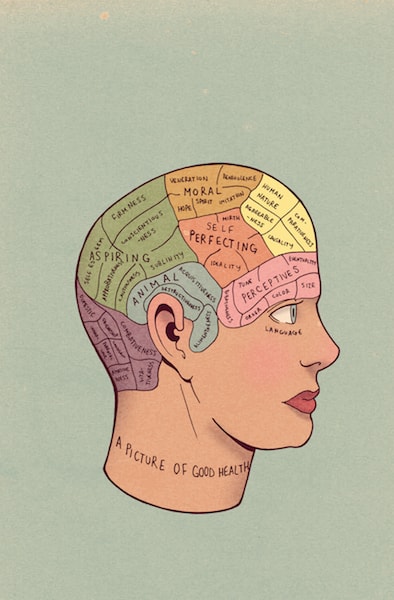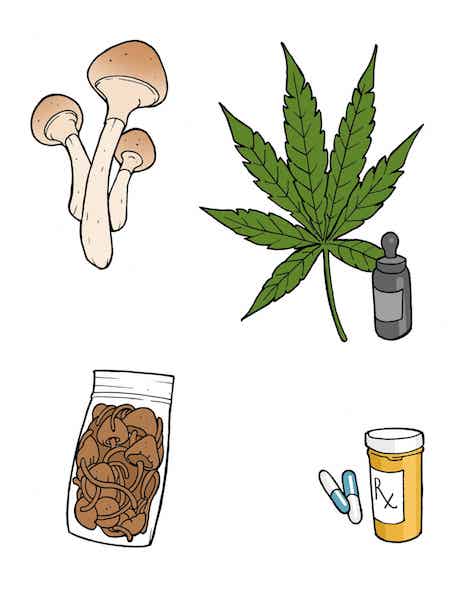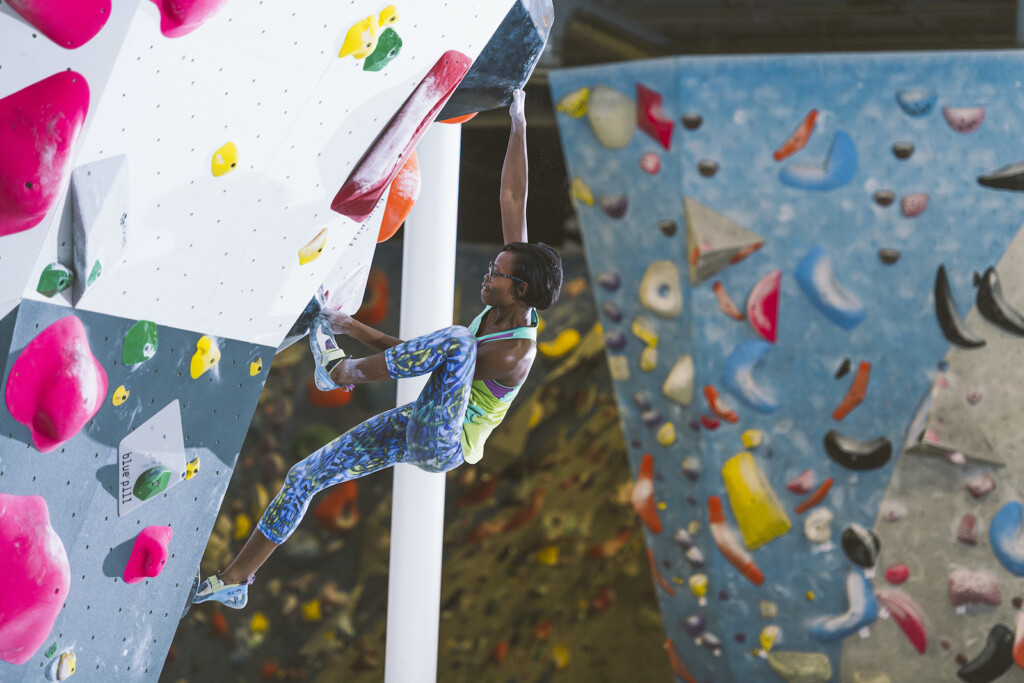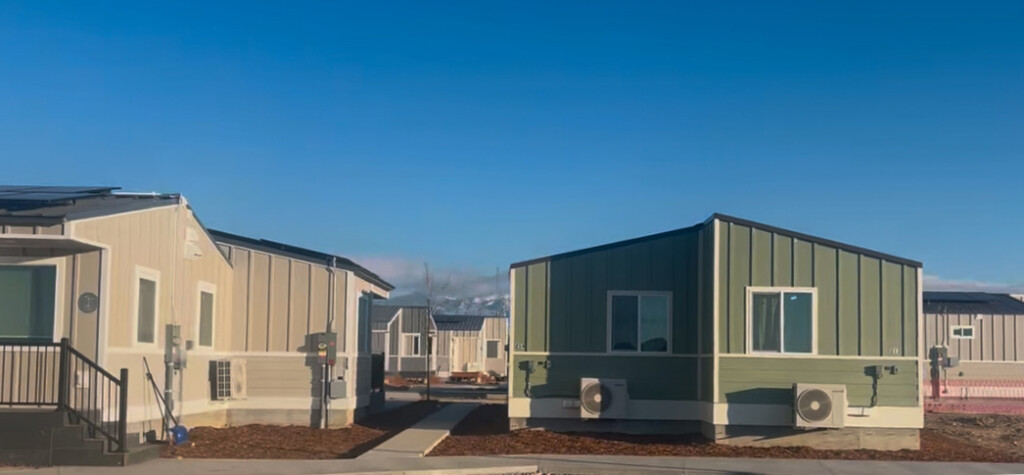
In the 1960s and early 1970s, psychedelic-assisted psychotherapy showed great promise for treating a variety of conditions. After a long moratorium, medical interest in psychedelics is experiencing a dramatic resurgence. Recent studies show the ability of psilocybin to alleviate depression and anxiety in those with terminal illness, and MDMA to help with post-traumatic stress disorder.
Ketamine, while not a classic psychedelic, does have psychedelic-like effects and has been proven to work as a rapid-acting anti-depression medication. Research indicates that “mystical type experiences” are an important part of these psychedelic medications. As these substances become more available for therapeutic use, many people are having profound transformative experiences under the guidance of physicians, therapists, and other facilitators.
The model of psychedelic-assisted psychotherapy that is emerging offers preparatory sessions prior to the use of psychedelic medication, a therapist-assisted psychedelic medication session and at least one integration session. The protocols allow for the safe and therapeutic use of these medications.
While it is clear that these medicines have rapid effects and can have lasting benefit, they also present challenges for people that have powerful experiences of non-ordinary consciousness and then return to their daily routines.There is a need to develop an approach that supports people through the process of ongoing integration.

One model for integration is a person working with an individual therapist to process their psychedelic experiences. In addition to individual therapy, there are support groups that are specifically intended to help people integrate transpersonal psychedelic experiences.
Another potential model for supporting people through their integration process comes from Eastern spiritual traditions. Psychedelic medications often induce meaningful transcendent experiences that are similar to the experiences described in traditions such as Zen Buddhism. Zen emphasizes the importance of “enlightenment” or “waking up,” which involves experiencing an expanded state of consciousness.
A core element of Zen and other Eastern traditions is meditation. Meditation practitioners can experience a variety of “mystical-type experiences,” some of them similar to the experiences associated with psychedelic medicines.
Common features include rituals and forms, a community of support and guidance from an experienced teacher. For some people, these traditions provide an appealing source of structure and support as they integrate psychedelic-induced mystical experiences.
As psychedelic medicines become part of mainstream medical culture, both Western psychotherapy and Eastern spiritual practice communities offer models of support and guidance for those who are trying to integrate mystical experiences.
Paul Thielking, M.D.
Associate Professor, Department of Psychiatry
Director, Psycho-oncology
Huntsman Cancer Hospital
801-213-4246





